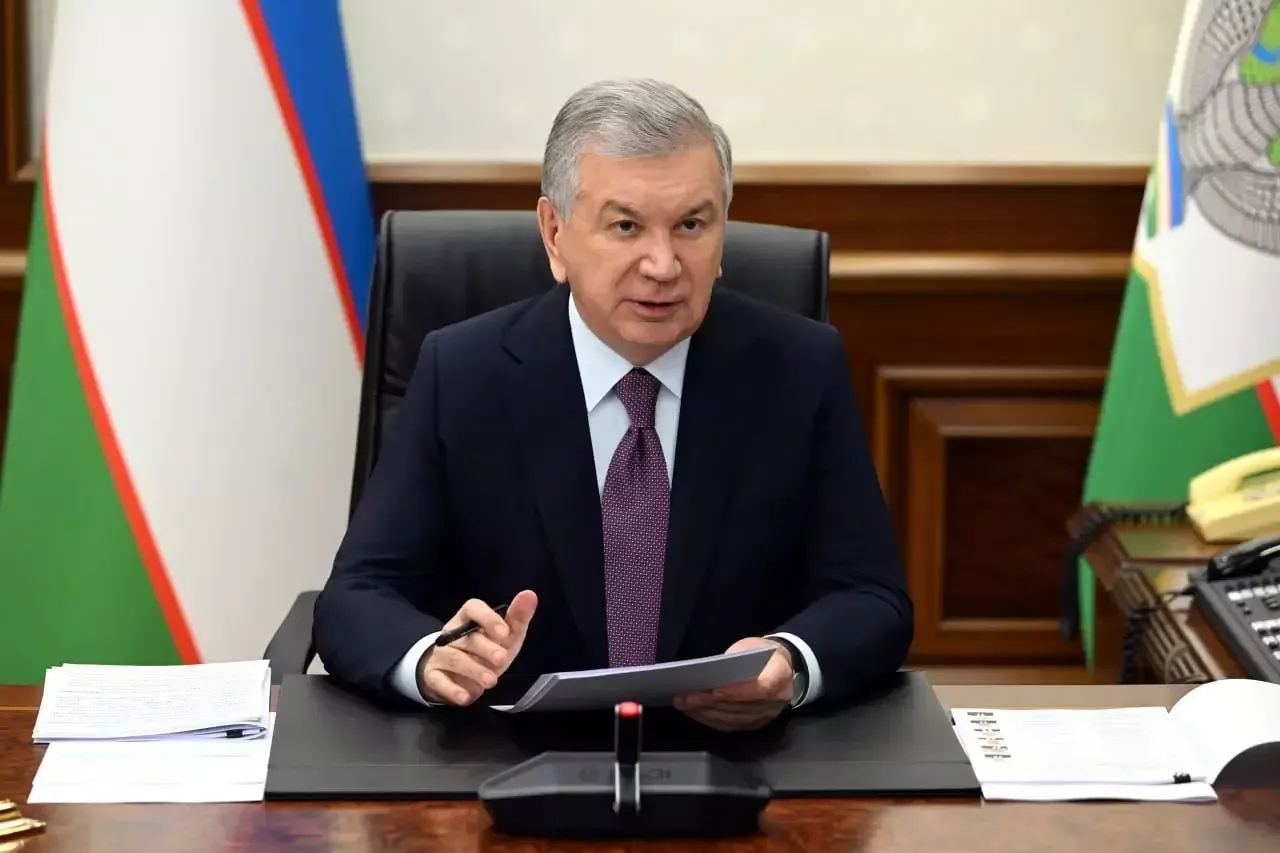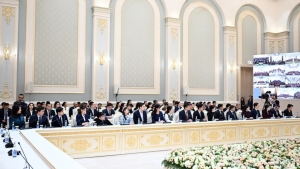The quality of personnel in higher education does not satisfy employers

An expanded meeting on the employment of university graduates began under the chairmanship of President Shavkat Mirziyoyev. This was reported by Zamin.uz.
In the last seven years, the number of admissions to higher education institutions has increased by 4.5 times, reaching a coverage of 42 percent, yet it was noted that the graduates do not fully meet the employers' requirements. For example, the BYD factory, which produces 20,000 cars annually, has 100 vacant positions.
Of these, a quarter is allocated for engineers in robotics, painting, and programming robots. Due to a shortage of personnel at the factory, 80 specialists have been recruited from abroad.
If the factory starts operating at full capacity within 4-5 years, about 4,000 highly qualified personnel will be needed to produce 500,000 cars annually. This is just a calculation for one project.
In the coming years, large projects that will be launched will create a demand for about 500,000 specialists in the industry. The meeting emphasized that there is a significant gap between the qualifications of graduates and the requirements of employers.
For instance, there is a need for 4,000 highly qualified personnel in the light industry. On average, 2,500 students graduate in this field each year, but nearly 42 percent of them are unable to find jobs due to a lack of skills to work with modern equipment.
This forces entrepreneurs to attract qualified specialists from abroad. The head of state criticized the shortcomings in employment reports.
Although it was stated that 125,000 out of 231,000 graduates found jobs this year, it was revealed that 42,000 of them were self-employed. The state spends 25-30 million soums annually to prepare each student at universities.
However, more than half of the youth who have studied for four years are working in low-skilled jobs. Granting financial independence to forty universities has yielded effective results.
For example, universities in economics, law, medicine, languages, and pedagogy have sufficient funding. However, some institutions in agriculture, veterinary medicine, engineering, and natural sciences are struggling to generate income and are not attractive to youth.
The president emphasized the need to strengthen cooperation between sectors, enterprises, and universities. For this purpose, 25 engineering universities have opened 438 departments in partnership with enterprises.
For instance, educational and production clusters have been established in the oil and gas sector. Bukhara Technical University has opened 20 branch departments in 10 enterprises in addition to the oil and gas sector.
A large gas-chemical complex is expected to be launched in Bukhara region. Foreign companies are working on new projects in the Ustyurt region.
The president stressed the need to plan in advance where specialists will be trained for these capacities and who will conduct scientific research. Now, for projects worth over one million dollars and employing more than 50 workers, the need for specialists will be identified based on technical and economic foundations in sectors and fields.
Based on this, ministers and sector leaders will place orders with universities to ensure targeted training of personnel. Rectors will introduce additional educational modules for students studying under orders, and students will be rewarded with credit points for their studies.
The knowledge level of students will be assessed annually with the participation of investors starting from the second year. Graduates will defend their thesis projects based on practical projects.
As a result, graduates who meet the needs of investors will be guaranteed employment. Source: zamin.uz







